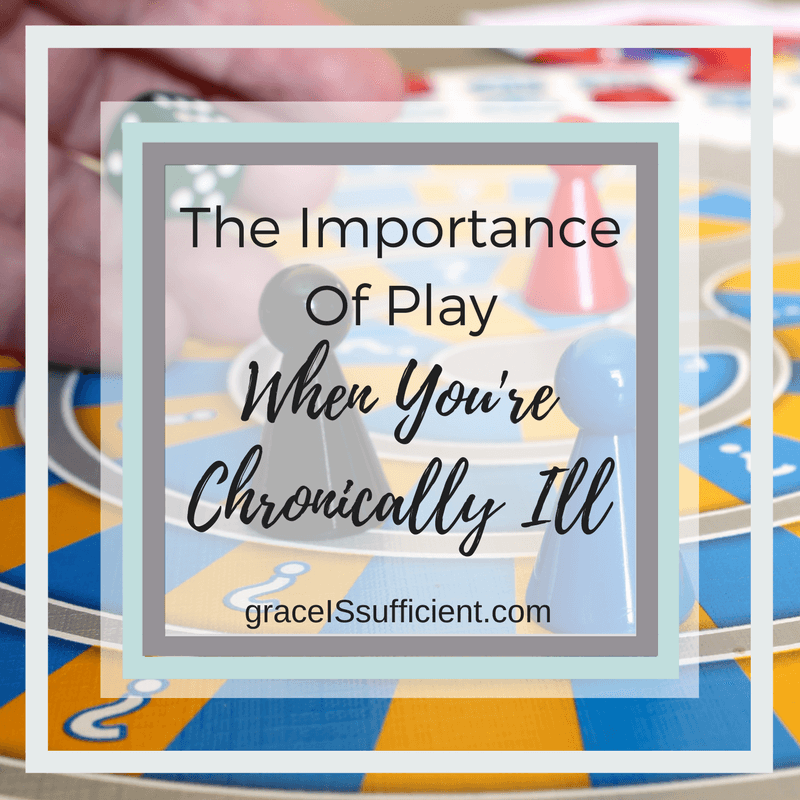I’ve had multiple conversations with my husband and kids about my illnesses. They listen to me, they know the symptoms, they understand the triggers and they help me with, well, a lot of things. While these conversations have been great as far as making them aware of my issues, they’ve been completely lacking in another area – the time where I listen and they talk.
Sure, we’ve had conversations here and there where they’ve told me different things. I’m aware, to some extent, of the way my health affects them but I haven’t actually sat and asked some questions that need asking.
I decided to start by interviewing my husband. He tends to want to take his time to think through his answers and I tend to not want to sit there in silence and wait for them. LOL, I decided to interview him over text messages so he could take his time and so he didn’t feel as guarded with his answers since he wouldn’t see my reactions. 😉
My spouses’ interview about life with a chronically ill partner:
How do you feel my illness has affected our marriage overall?
The effect on our marriage overall would be less time spent together like travel, running errands, etc. I do much of it myself while you deal with the difficulties of your health.
What could I do to make you feel like I’m an equal contributor to our marriage?
I don’t know what “equal” would be. I guess society would say you need to bring in equal income but I’ve never felt that way. There’s a lot you do with caring for me and the house and handling the finances, etc. My deepest desire I can think of right now is similar to yours of having you relaxed and fully present. I don’t think you need to do something to be equal. I don’t have the limitations you do so I don’t expect you to be “equal.”
What is the hardest part of living with me, now that I have chronic pain?
I don’t know if there’s one thing that stands out in particular. I guess your inability to go and do as much with me.
Is there anything I can do to make it easier?
I think you’re good at letting me go do things guilt-free when you can’t. You don’t make me feel bad although I’d rather have you with me.
Which of my symptoms affects you the most?
- Brain fog. Not that it bothers me when you can’t think of a word or forget a fact but that you feel the need to defend yourself.
- The pain keeps you crawling when I want to run but don’t think that’s a disappointment in you, it’s my disappointment in the situation.
- I wish your heart was stronger so you’d have more energy.
What do you wish I would do differently when it comes to my health and self-care?
Be more diligent with your self-care. Focus on your health like it’s your job and not like it’s drudgery or inconvenience. Although Mary Frey from The Frey Life on Youtube cries at times, she always has positive words to tell herself and you tend to be more negative toward yourself. I think controlling your brain can at least partly help control the way you feel in your situation.
How do I do at approaching you for help?
You approach needing help like you already have it in your mind I’m going to complain and you don’t really want to have to ask for help. Needing help seems to bother you more than me.
What fears do you have concerning our/my future?
I don’t think everyone has fears about the future. Some people think whatever problems may come up in the future can be dealt with then and everything will be ok. That’s not an excuse for being reckless with our health or doing things like not saving for the future. We can only do the best we can and take care of new problems when they arise.
Keeping this PG, how has my illness impacted our intimate life and how does that affect you?
It seems like too simple of a question, like, “how did the car accident affect the driving of the car?” Of course, there have been changes but we’ve adapted.
What can I do to make things easier for you?
Treat your health like it’s your job. Making it a priority to your time and not something you’re inconvenienced by. Train and set priorities like how an Olympian would train-focused and consistent. Your benefits will be greater than a gold medal.
Relax your mind.
How do you ensure your taking care of yourself mentally and physically so you don’t get burned out?
I make sure to set aside time for hobbies I enjoy.
Being consumed with talking about a chronic illness can be a huge problem but never talking about it is also a problem. How do you think couples can maintain a healthy level of communication regarding the health of the chronically ill spouse?
- Keeping a good sense of humor is important. So much of this is beyond our control and being able to find the humor in a situation can lighten the load.
- Talking about it like it’s a regular part of life the way we talk about meals or the kids or things we need to do. Making it one part of our lives and not the only thing we talk about keeps it in perspective.





